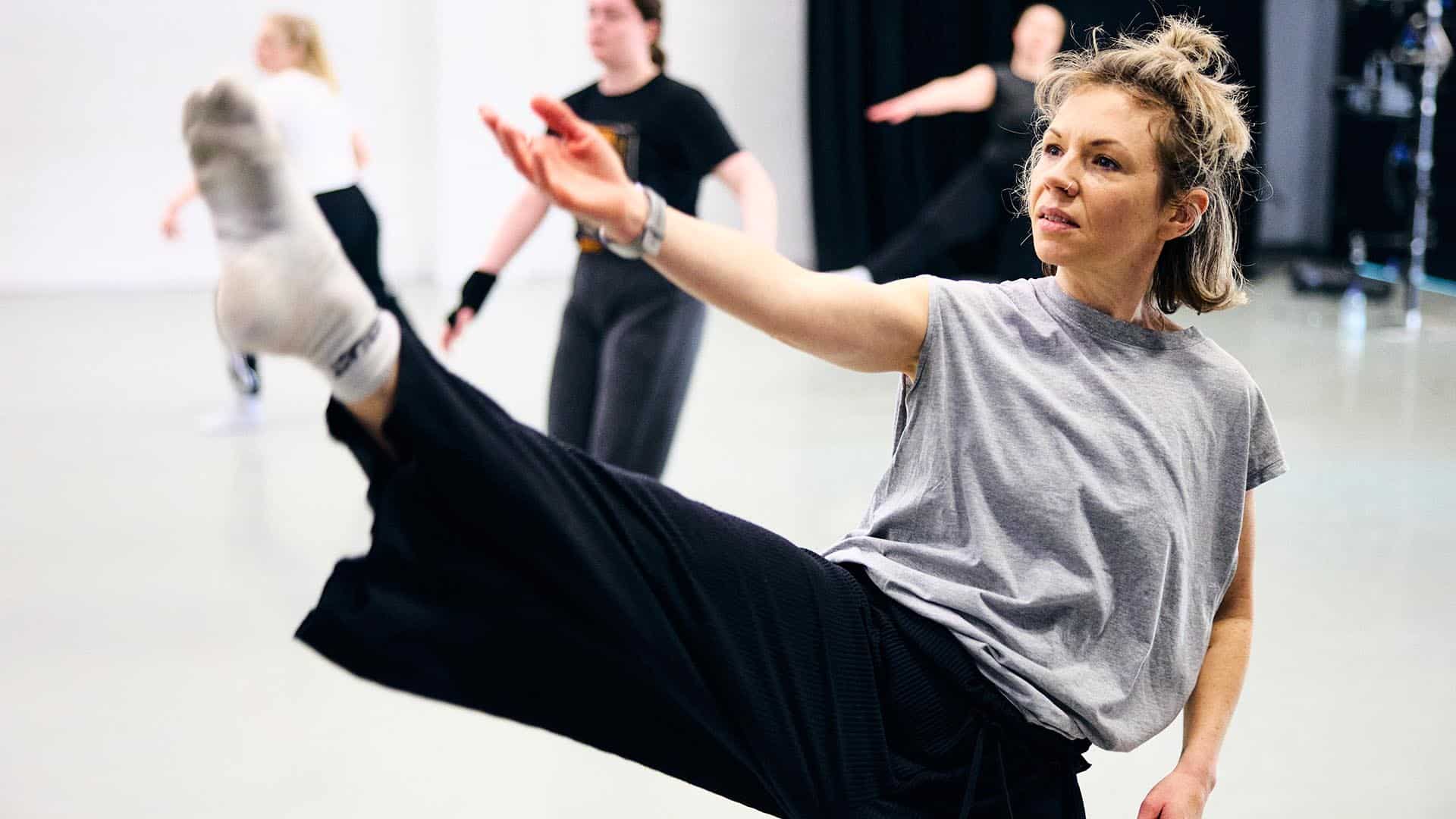Parent’s Guide to the UCAS Process
All UK-based university applications are made through the University and Colleges Admissions Service (UCAS).
As your child begins the application process, they may experience a mix of excitement and nerves. As a parent, you'll naturally want to offer your support every step of the way. Below, you'll find all the information you need to guide and assist them through their UCAS journey, helping to make the process as stress-free as possible.

Deadlines
What is the UCAS application timeline?
September
The UCAS application cycle opens in early September.
January - June
Students will now consider their offers and choose their Firm (first) and Insurance (second) choice university offers.
March
Applications for student finance opens – Students should apply early to avoid their payment being late.
May - June
University accommodation portal opens. In order to be guaranteed university accommodation, students must: Have us as their Firm (first) choice, be in their first year of undergraduate study and be studying full time.
Early June
UCAS Deadline for offer holders to Firm Accept their place and meet the requirements for guaranteed university accommodation.
August
Results Day. If the young person has met their offer requirements, they will be joining us in the next month. If your young person didn’t get the results they were expecting, please encourage them to get in contact with us.
Early September
Students can now prepare for the start of their first semester by registering online, booking freshers week events and keeping an eye out on our Facebook applicant group for helpful advice.
Late September
Move in weekend and start of semester one.
Fees
How much does it cost to submit a UCAS application?
Before submitting their UCAS application, students must pay a fee of £28.50 (for 2025 entry). This fee covers the processing and submission of their application to multiple universities. However, if your child has received free school meals at any point during the last six years, they may be eligible for a fee waiver, meaning they won't need to pay the application fee.
This waiver is designed to support students from lower-income backgrounds, helping to ease the financial burden of applying for university. If your child meets the eligibility criteria, be sure to check the details on the UCAS website and ensure the fee waiver is applied before submitting the application.

Applications
What information will my child need to provide in their UCAS application?
When completing their UCAS application, students will typically need to provide the following information:
Personal Details
This includes basic information, such as their name, contact and demographic.
Qualifications
They will be asked to list their academic qualifications, including A-levels (if not yet completed, these will be predicted grades), BTECs and any other relevant academic achievements.
Personal Statement
They will be asked to list their academic qualifications, including A-levels (if not yet completed, these will be predicted grades), BTECs and any other relevant academic achievements.
Reference
Providing a reference from a teacher can give universities a broader understanding of your son or daughter’s academic abilities and potential.
The student can apply for up to five courses; however, they can only submit one personal statement. Therefore, it’s important that it is applicable to all their choices.
Interviews & Auditions
Will they have to attend an interview or audition?
At the University of Chichester, some of our degrees require an interview or audition.
Not only do they provide our staff with the opportunity to meet the young person, but they also give the student the chance to explore our campuses and ask any questions.
The way these meetings run varies between courses. Our Admissions team will contact the young person inviting them to book an interview or audition and this will include all the information they need to prepare.
If your child is an international applicant, they will be contacted to make special arrangements. This may involve them being asked to submit a portfolio or attend an online interview.
To find out more about the process for specific courses, view our Interviews and Auditions information.

Offers
What happens if the don't receive the offer they want?
If the young person doesn’t receive the offer they want and has used all five choices, they can reapply through UCAS Extra. There is no additional fee to pay, and they can apply for courses in any subject, providing they meet the entry requirements.
Once their Extra application has been submitted, they will either be provided with a conditional or unconditional offer or be told their application has been unsuccessful.
The student can then either choose to accept or decline the offer or, if they have been unsuccessful, apply through Extra again. Alternatively, they can wait until they receive their exam results and apply through Clearing.
Clearing
What is Clearing?

If the student doesn’t meet the requirements for their firm or insurance choices, the status of their UCAS Hub account will automatically update to 'Unsuccessful' and display the message: 'You're in Clearing'. A unique Clearing ID number will also appear on their account, which is essential for applying through this process.
If the young person simply changes their mind about their firm choice an no longer wishes to attend, they can decline any offers they have received and release themselves into Clearing. This will allows them to explore alternative university options and secure a place at a new institution.
For further guidance and details on how Clearing works, please view our detailed Clearing Guide for Parents/Guardians.


